How often do we hear about new telehealth applications? Not very often. And, not for the reason that they don’t exist, but because few of us know about it, unlike those productivity apps we all enjoy.
Healthcare is one of the sectors that landed late into the digitisation phenomenon. Owing to the nature of healthcare, adoption of technology within the sector came much later. Patients concerned about privacy and providers worried about costs related to training of medical staff. The slow uptake of technology in healthcare left silos within departments and increased wait times. Combined with an increasing need for quality healthcare, the system as a whole was unable to keep up with demands leading to inefficiencies such as diminishing margins, rising costs and labor shortages.
However, more recently healthcare has witnessed a rapid impact of digitisation with the integration of innovative technology and faster data speeds. This subsequently gave rise to Telehealth.
Telehealth or telemedicine is not a new concept, but the recent shift towards high online data consumption and smartphone users has unleashed new possibilities.
The global telehealth sector is predicted to grow into a staggering USD $266.8 Bn by 2026 with CAGR of 23.4%.
If that sounds unrealistic or farfetched, CEO of Apple Tim Cook in a 2018 interview, shared plans of entering the health sector in a major way (next big thing!). Apple’s step towards healthcare, only substantiates the tremendous potential and benefits of telehealth.
Telehealth uses technology, more specifically ICTs to connect patients and health providers allowing for better access, reduced wait times and overall better patient outcomes. Telehealth allows patients to connect to GPs anytime, through video consultations or over the phone, eliminating the need to travel. It not only saves time and cost for the patient, but also for GPs to better allocate resources for more serious conditions requiring an in-person clinical consultation.
Telehealth ventures are on the rise globally and Australia is not far behind. Although in the initial conception was meant for rural communities and the ageing population, there is an increasing need for telehealth in the younger, more tech savvy generation as well. Recognising the significant potential, benefits and market opportunity, many start-ups are appearing on the Australian telehealth landscape.
However only a few of them are successful and move past the initial conceptualisation/pilot stage. Although its arduous to pinpoint at a specific reason, it’s a combination of lack of awareness, cost of service, reimbursement uncertainty and inadequate funding that prevents telehealth start-ups from scaling.
Geoff Gourley, Founder of social enterprise accelerator One10 and the Impact Investment Fund, believes that having the right product-market fit is crucial for any business. Having started as a young entrepreneur himself, Geoff has been helping other purposeful businesses scale and become successful. Although the initial idea and intent might be well-thought of, it takes comprehensive research, agile strategy and a lean entrepreneur mindset to build the strong foundations of a start-up. Geoff recently helped commercialise a health-based technology platform.
With the growing demand for healthcare services in Australia, Telehealth promises to leverage innovative technology to provide easy access to quality medical services over the internet. But it currently comprises of several challenges. It is essential that telehealth start-ups review the current environment, adapt to the right product-market fit and have an effective long-term strategy by learning from other telehealth models. Telehealth is the evidently the future of the Australian healthcare system, but with start-ups struggling to overcome initial stages of development, we still have a long way to go.
This is part 1 in a 3 part series on Telehealth.
Think you have the next transformative telehealth idea? One10 can help you Activate.
2020 Program applications now open. Apply now.
Author
Suchit Salian, is a recent graduate in Health & Human Services Management (M.S) with a specialisation in Business Administration. Impact Administration Intern at One10 and Impact Investment. He is a creative thinker, research oriented and passionate about global healthcare issues. Proactively conscious about social issues as well and motivated to work in the impact space.



